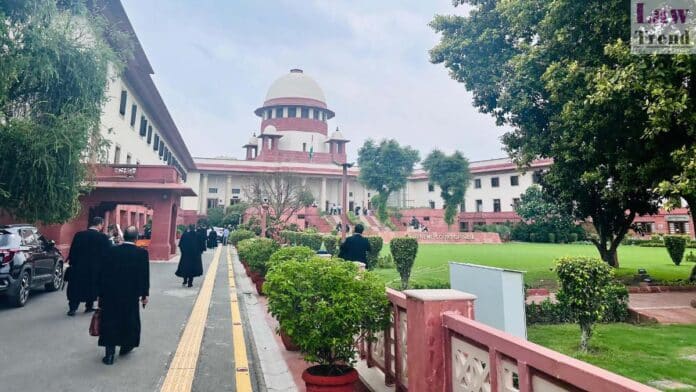In a significant ruling reaffirming the principles governing arbitration in India, the Supreme Court, in Punjab State Civil Supplies Corporation Ltd. & Anr. v. M/S Sanman Rice Mills & Ors., has overturned a decision of the Punjab and Haryana High Court that had set aside an arbitral award. The Supreme Court emphasized that judicial interference
To Read More Please Subscribe to VIP Membership for Unlimited Access to All the Articles, Download Available Copies of Judgments/Order, Acess to Central/State Bare Acts, Advertisement Free Content, Access to More than 4000 Legal Drafts( Readymade Editable Formats of Suits, Petitions, Writs, Legal Notices, Divorce Petitions, 138 Notices, Bail Applications etc.) in Hindi and English.




